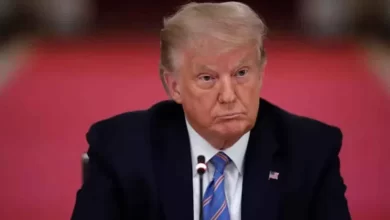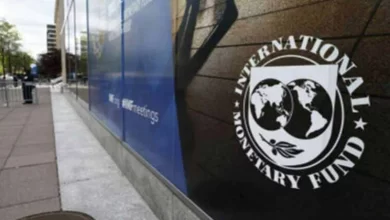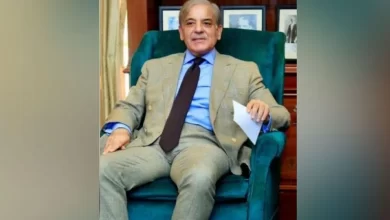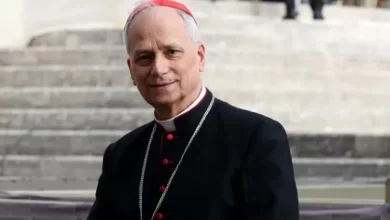Sunak eyes immigration crackdown as foreign students to face ban on family members in UK
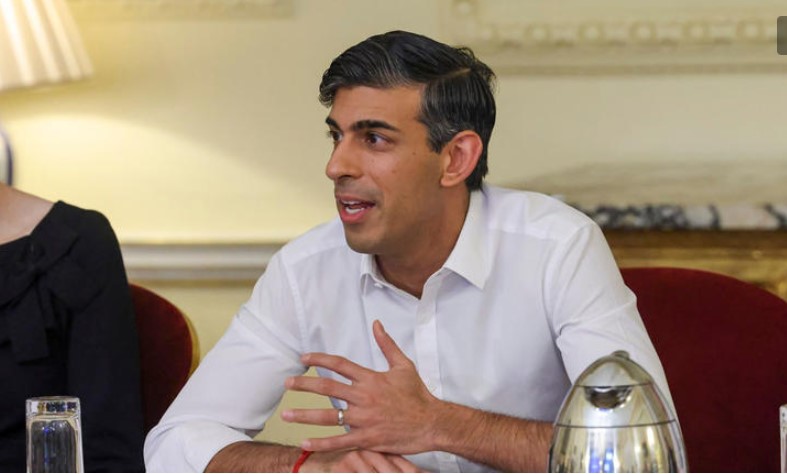
The Government is drawing up plans to crack down on immigration to the UK, with plans to stop family members from joining international master’s students at British universities. This forms part of an attempt to reduce net migration to the UK after the country saw a record high in the most recent numbers. The latest figures, published in November, show that net migration rose to 504,000 in the year to June 2022.
The numbers are an increase from pre-Brexit immigration levels, with most of the migrants coming from non-EU countries.
Net migration for the year ending June 2015 – the year before the UK voted to leave the EU – was 336,000.
At the time, Home Secretary Suella Braverman said she is “absolutely determined” to fix the problem, admitting that the Government has “failed” to control borders.
Students have been a key factor in the post-Covid surge in migration, with almost 500,000 study visas granted by the UK authorities in 2022.
Illegal Migration Bill in its tracks has been heavily defeated in the House of Lords. Peers rejected by 179 votes to 76, majority 103, a so-called fatal motion to the Bill, which aims to stop small boat Channel crossings.
This is an increase of 81 percent since 2019.
Students, particularly those originating from Nigeria and India, have become increasingly likely to bring family with them.
Some 135,788 visas were granted to dependants in 2022, up from 16,047 in 2019.
A joint proposal from the Department for Education, the Home Office and the Treasury would stop dependants from travelling with master’s students on one-year courses, according to several officials close to the discussions.
Speaking to the Financial Times, one official said: “Many of these courses only last for nine months.
“We don’t think this will have a big effect on our ability to attract global talent.”
Another minister confirmed the focus was on the dependants of master’s students, saying: “It’s clear we have to do something.
“We’re a long way from David Cameron’s promise to reduce annual net migration to the ‘tens of thousands’.”
Education Secretary Gillian Keegan – along with Treasury officials – are understood to have agreed to the plan, which is in its final stages.
But in a speech earlier this week, Ms Keegan said: “International education is popular.
“It makes us all richer. We all benefit as we build partnerships and lasting bonds. That’s something we value hugely.”


